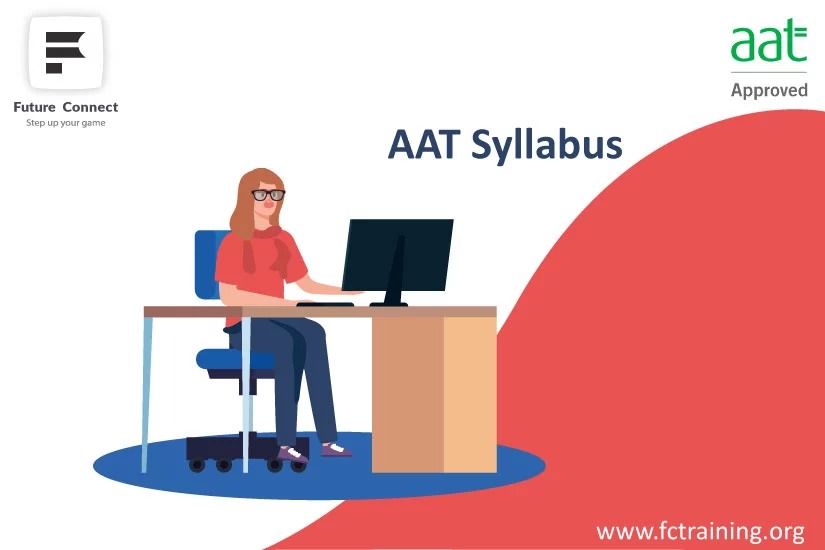The digital age has ushered in profound transformations in the way knowledge is disseminated and consumed across all fields, including religious studies. For Muslims around the world, the internet has become a digital minaret—a source from which the teachings of Islam, particularly the Quran, are broadcasted globally. This article explores the impact of digital platforms on Quranic enlightenment, focusing on the significant strides made in online Quran learning, the tools available to memorize Quran online, and the specialized instruction provided to learn online Quran with Tajweed.
The Rise of Online Quran Learning
Online Quran learning has transformed the traditional model of Quranic education by leveraging the power of the internet to reach a wider audience. This shift not only democratizes access to Quranic teachings but also enhances the educational experience with innovative tools and methodologies.
Accessibility and Inclusivity
One of the most significant advantages of online learning is the ability to reach people regardless of geographical limitations. Muslims in remote areas or countries with few Islamic educational resources can now access quality Quranic teaching online. This inclusivity extends to various demographics, including the disabled, elderly, and those with restrictive daily schedules, who may find online access more accommodating.
Variety of Learning Options
Digital platforms offer a range of courses and materials to cater to different learning needs and goals. From beginner to advanced levels, students can find courses in Quranic Arabic, Tafsir (interpretation), Tajweed (articulation), and memorization techniques. This variety ensures that every learner finds something suited to their level of knowledge and interest.
Tools to Memorize Quran Online
The traditional method of memorizing the Quran involves reciting repeatedly under the supervision of a qualified teacher. While effective, this method can be inflexible. Digital tools have revolutionized how students memorize Quran online by introducing flexible, interactive, and engaging methods.
Digital Repetition Tools
Several online platforms offer digital repetition tools that aid in memorization. These tools allow for the repetition of verses in a controlled, systematic way, helping students to memorize through consistent practice. Features such as adjustable repetition speed, verse looping, and personalized session reviews help enhance retention.
Tracking and Motivation
Online platforms provide progress tracking tools that help students and their teachers monitor advancement in memorization. These tools often include motivational elements like badges, levels, and certificates, which encourage continued effort and celebrate milestones.
Learn Online Quran with Tajweed
Tajweed rules are critical for the proper pronunciation of Quranic Arabic, ensuring the meaning of the Quran is conveyed accurately. Digital platforms offering to learn online Quran with Tajweed provide comprehensive instruction through various interactive and multimedia tools, making learning Tajweed more accessible and engaging.
Multimedia Learning Aids
Technological advancements have enabled the creation of high-quality video and audio learning aids that demonstrate the correct pronunciation of Quranic Arabic. These aids often include visual cues and annotated texts to highlight Tajweed rules, making complex rules easier to understand and apply.
Live Online Sessions
Many platforms offer live sessions with qualified Tajweed teachers, allowing for real-time interaction. These sessions can be tailored to the individual’s pace and focus on specific areas of difficulty, providing a personalized learning experience that mimics traditional settings but with greater flexibility.
Challenges of Digital Quranic Enlightenment
Despite the numerous benefits, online Quranic enlightenment faces several challenges that must be addressed to ensure effective and authentic learning.
Ensuring Scholarly Authenticity
The open nature of the internet can lead to the dissemination of incorrect or misleading information. Ensuring that online Quranic education is provided by qualified and reputable teachers is essential. Platforms typically address this by vetting their educators and providing detailed profiles that include their qualifications and teaching experience.
Technological Limitations
Not everyone has access to stable internet connections or the latest digital devices. This digital divide can hinder access to online learning resources. Efforts to broaden accessibility, such as optimizing platforms for low-bandwidth environments and offering downloadable resources, are vital in overcoming these limitations.
Loss of Community Interaction
Traditional Quranic learning is not just about acquiring knowledge; it’s also about building a community. Online platforms may lack the face-to-face interaction that builds strong bonds among students and between students and teachers. To mitigate this, some platforms offer discussion forums, group classes, and community events to foster a sense of belonging and community.
Conclusion
The transition to digital platforms has created a new paradigm in Quranic education, making it more accessible, flexible, and diverse. As these platforms continue to evolve, they promise even greater enhancements to the way the Quran is taught and learned. The digital minaret stands tall, calling the faithful to learn, memorize, and recite the Quran in ways that were unimaginable just a few decades ago. The future of Quranic enlightenment is bright, and it is undoubtedly digital.




